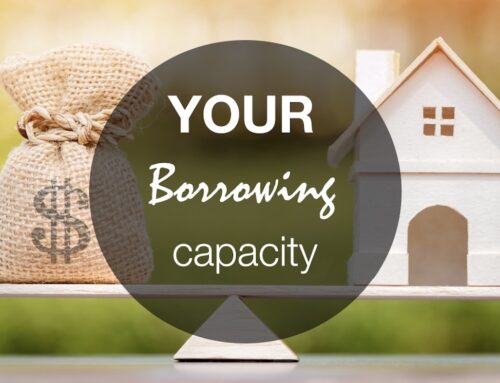Applying for a home loan can be a tedious process, if you are not organized. However, it does not have to be so painful if you start to get your ducks in a row early on.
Here are some handy tips:
Know what you can Afford
This can be hard, especially when you have a variable income, but it is always better to err on the conservative side. Nobody needs the stress of not being able to make your payments. Sometimes called your “borrowing capacity”, knowing what you can afford allows you to be realistic with your property search. There are many factors which are taken into consideration when working out your borrowing capacity such as your income and employment status, your current debts and liabilities, your living expenses, and your savings. It is very wise to considering seeking pre-approval for a loan, which will give you peace of mind knowing your borrowing capacity and will give you the confidence and ability to act quicky when you do find that perfect home.
Gather the Documents
This is a very tedious however important step. The Lender’s will need to see proof of your income and employment as well as your current financial position. The documents required will vary depending on your employment status. You will also need to provide personal identification. Not providing enough information is one of the major reasons why a loan is either declined or delayed. It is best to see a broker who will be able to guide you through the process and explain what documents are required.
Know your Credit Score
Your credit score is important because it may influence how much credit a lender will give you as a borrower. People with low credit scores are generally deemed high risk and therefore may not qualify for the amount they’re seeking. They may also be charged extra interest or denied a loan altogether. If your credit score is good, it shows a lender you have the ability to meet your financial obligations if they give you a credit or loan. Checking your credit score is free and relatively easy to do. You can check it through national credit reporting bodies (CRBs) such as Equifax Australia (formerly known as Veda). Each of these CRBs allows you to check your full credit history by ordering a free copy of your credit report once a year, but it’s a good idea to check your credit score as regularly as you can. If you find you have a low score, there are steps you can take to improve it.
Get Rid of Debt and Save
If you have any small loans, it is a good idea to pay them off. Additionally, if you can cancel or reduce the limit of any credit cards that you have, this will also increase your borrowing capacity. Be sure to also consider any forgotten credit facilities such as Afterpay and store cards. Having these credit facilities open will significantly reduce your borrowing capacity as they are treated as an existing liability at their full limit, even if it is not used.
Get Educated
There is no doubt that the mortgage industry is consistently changing with fluctuation of interest rates, an abundance of different loan features such as fixed or variable rate loans, offset accounts, redraw facilities, split loans, just to name a few. Adding to that, there is a diverse range of different Lenders from banks, to smaller finance companies, all offering different rates and products. It is no wonder that the average borrower is overwhelmed and consumed with it all. It is a great idea to seek professional advice from an experience mortgage broker who can understand your unique personal situation and recommend the right Lender and product that will suit your unique needs and ultimately, provide you with the best loan.






Connect with Us